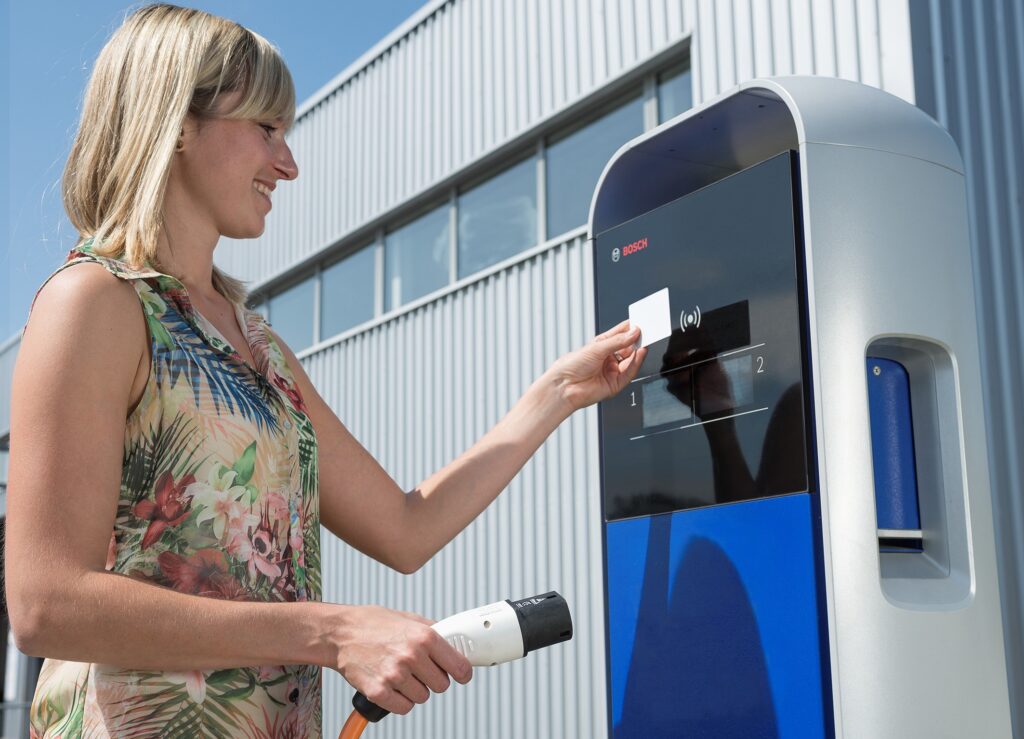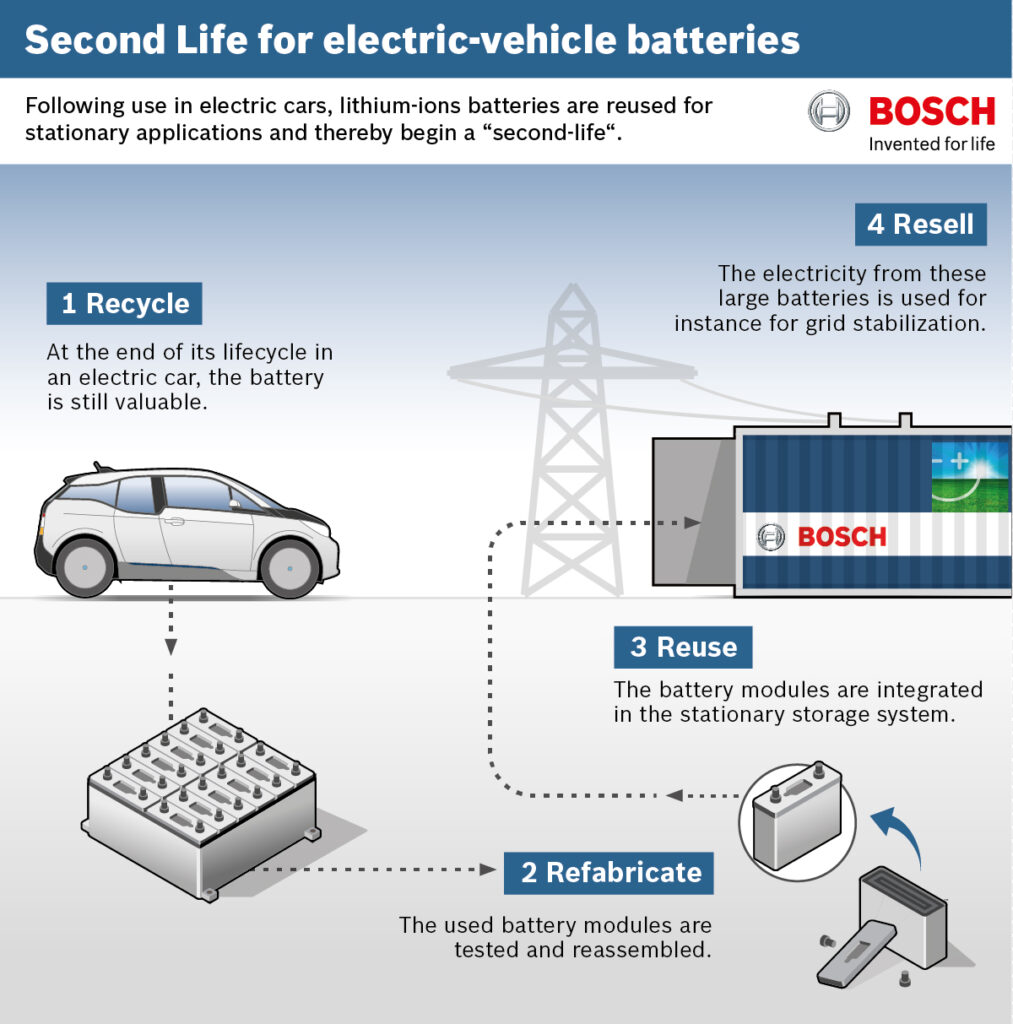EV battery capacity to double for half the cost by 2020
- PostedPublished 14 April 2015
Within five years the batteries used to power electric cars will hold twice as much energy, at half the cost compared with today, according to Bosch chairman Volkmar Denner.

Exponential advances in battery technology will make electric cars more affordable and viable for everyday use, accelerating their uptake, while hybrids and plug-in hybrids will become ever more fuel-efficient and cheaper to buy.
By 2025 Bosch expects around 15 per cent of all new cars built worldwide to have a hybrid powertrain at the very least, with much of this driven by tightening CO2 targets overseas.
The German company expects hybrid powertrains to become the standard for SUVs.
This is not surprising given the European Union’s recent change of heart regarding diesel engines – it has flipped from incentivising them through lower registration fees and fuel taxes to talking about banning them from city centres – so the future now seems to lie firmly in the hands of petrol-based hybrids.
“Electrification will take combustion engines to new heights,” said Dr Denner.
Early signs of the improvements to battery technology include an upgrade kit for the Tesla Roadster that boosts range from 394km on a single charge to 640km, and reports from the recent Geneva motor show that Nissan is aiming to double the range of its Leaf electric hatchback to more than 400km.
Bosch is also working on making it simpler and more convenient to charge electric cars. It has developed a smartphone app that enables drivers to reserve charging spots and pay for electricity with any of the various charging point providers operating in Germany, ending the need for multiple membership cards.

It is reasonable to expect this technology – which demonstrates how Bosch no longer sees itself as just an automotive component supplier – to be rolled out worldwide.
While Tesla already offers customers the option of converting old battery packs to store energy from domestic solar panels for use when the sun is not shining, Bosch has teamed up with BMW and European energy company Vattenfall to think even bigger.
Under the Second Life Batteries alliance, BMW is supplying used electric vehicle batteries that are interconnected to extend an existing large-scale energy storage system operated by Vattenfall in the German city of Hamburg, while Bosch’s role is to integrate the batteries and maintain a management system intended to maximise their service life and performance.
Schemes like this can help overcome the shortfalls of renewable energy such as lack of sunshine or wind and stabilise the power grid at times of peak demand or during fluctuations in power generation.
By the end of this year the Second Life Batteries alliance aims to be operating a two-megawatt facility, small enough to fit in a small building but providing enough output to theoretically supply 30 four-person households with power for seven days.
The rate of technological change is thrilling but also daunting. Before long VASA member workshops could be powered by the sun, wind and a battery from a wrecked hybrid or electric car while the vehicles they work on are powered by tiny internal combustion engines, electricity, hydrogen or even a combination.
Keeping up with it is going to be a challenge. Staying ahead of the curve is going to highly rewarding.
- CategoriesIn SightGlass
- TagsBatteries, electric vehicles, SightGlass News Issue 1

